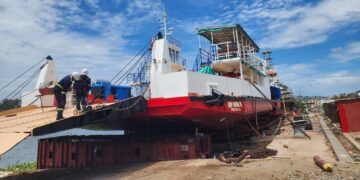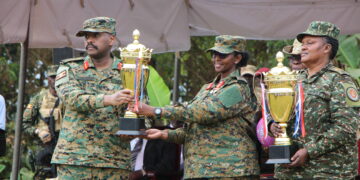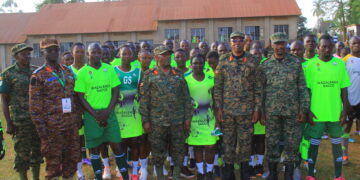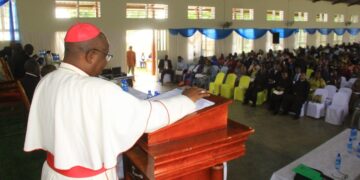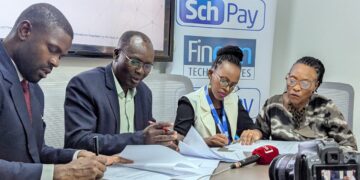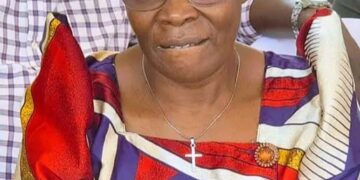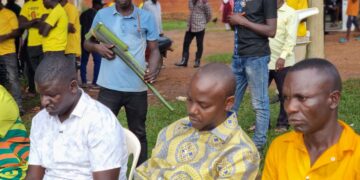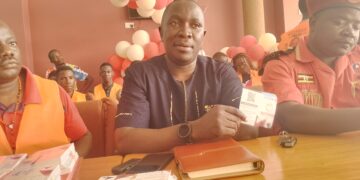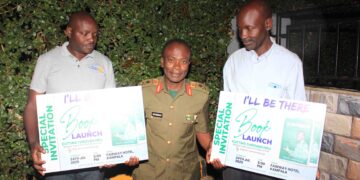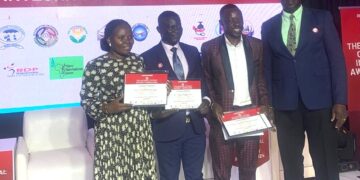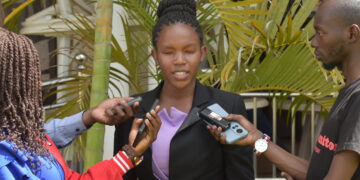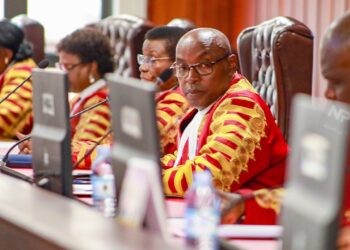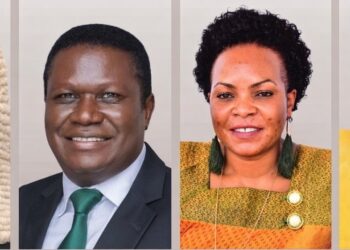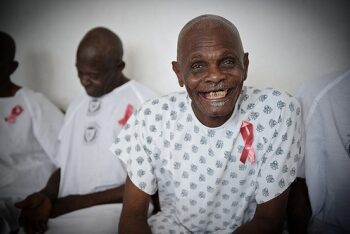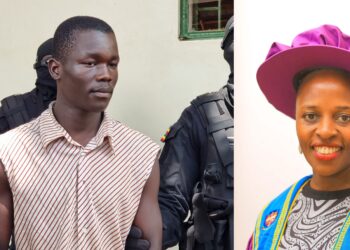Supreme Court Judge Hon. Justice Mike Chibita has urged stronger collaboration among justice actors to ensure that human rights and the welfare of vulnerable groups are not only protected on paper but felt in daily life across the Great Lakes region.
Justice Chibita made the call while officiating the opening of a five-day capacity-building workshop ongoing in Mukono, organized by the International Conference on the Great Lakes Region (ICGLR) Regional Training Facility (RTF).
The workshop has drawn participants from the judiciary, police, civil society organization, and media to strengthen regional mechanisms for responding to human rights violations and sexual and gender-based violence (SGBV).
In his keynote address, Justice Chibita highlighted the plight of marginalized groups—persons with disabilities, the elderly, children, and refugees—urging justice systems to be inclusive, accessible, and responsive.
“The disabled—those with sight, hearing, and mobility impairments—the elderly, children, and refugees are all part of the vulnerable groups we must prioritize,” he said. “Uganda, as a refugee-receiving country, hosts persons displaced from Sudan, Congo, Rwanda, Burundi, Somalia, and Eritrea. These individuals deserve dignity, protection, and access to justice.”
Chibita challenged participants to think beyond punitive measures and embrace a human rights-based approach.

“We must ask: once someone is convicted, what next? How are they rehabilitated? Our response must reduce recidivism and respect human dignity throughout the justice process,” he noted.
Hon. Dora Byamukama, speaking on behalf of the ICGLR Regional Director, underscored the importance of “chain-linked collaboration” among agencies.
“If police officers do not work closely with prosecutors, their efforts may not result in successful prosecutions,” she said. “Even civil society and the media must be integrated into these processes to ensure accountability and transparency.”
Byamukama also stressed the need to enforce existing laws such as the Human Rights Enforcement Act, the Anti-Torture Act, and the Refugees Act (2006), noting that awareness and implementation remain major gaps.
“No one—especially women and vulnerable individuals—should be treated inhumanely, whether during elections or law enforcement operations,” she warned.
Representatives from the Uganda Police Force pledged to embed human rights principles into their operations. AIGP Moses Kafeero, Director of Human Resource Development and Training, said the program would help “strengthen departments across the justice sector and ensure that human rights principles are embedded in all operations.”
Dr. John Kamya, Senior Commissioner of Police in charge of Curriculum and Doctrine Development, added that the training is designed to produce sustainable practices that uphold dignity and fairness.
The workshop is expected to culminate in the drafting of an advocacy document focusing on legal reform, better case management, and improved inter-agency coordination in handling human rights and SGBV cases.
With the ICGLR RTF at the helm, and backing from 12 member states, the Great Lakes region is strengthening its network of professionals committed to protecting rights, ensuring justice, and building a society where even the most vulnerable are not left behind.



